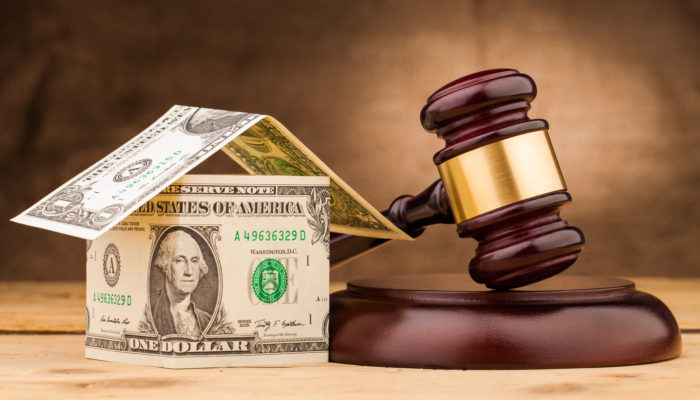The Centers for Disease Control and Prevention’s (CDC) eviction moratorium will expire on March 31 unless it issues an extension. It’s unclear what will happen come April 1. President Joe Biden’s administration has less than a week to decide on extending the nationwide eviction moratorium. Florida renters are currently protected only by the federal moratorium. The CDC eviction moratorium is federal law.
Current eviction moratoriums (As of March 27, 2021)
Eviction moratoriums are currently in place until:
March 31 — For any residential tenant of a single-family house, condominium or apartment who downloads from the U.S. Centers for Disease Control and Prevention’s website and submits to their landlord a declaration attesting that they are unable to pay their rent because of a COVID-19-related income loss.
June 30 — For any tenant of a single-family home with mortgages owned by Fannie Mae, Freddie Mac, Federal Housing Administration, U.S. Department of Agriculture or U.S. Department of Veteran Affairs.
Steps To Take If You Can’t Afford Rent
Tenants unable to pay rent because of Covid-19 have resources available to them. However, they are not automatically granted, so it’s important to be proactive in order to maintain your housing.
- Communicate With Your Landlord
Talk to your landlord as soon as you know you won’t be able to pay rent either on time or for the foreseeable future. Waiting until the last minute or after rent is past due could make working out a plan with your landlord more difficult.
The best thing to do is to get everything in writing (in case you have to go to court for eviction proceedings), so email would be an ideal way to communicate, Roth says. You might be entitled to rent relief funds, which can—by extension—also help your landlord. So, that’s a win-win for both parties. Let your landlord know that you plan to apply for rent relief, which covers back rent as well as current rent.
- File a Declaration Form With Your Landlord
In order to qualify for rent relief, tenants must attest that they have been impacted by the pandemic and file a document stating as such with their landlord. The CDC has a form that tenants can use.
- Apply for Rent Relief
There’s about $46.5 billion in rent relief out there for renters who need help. The problem is gaining access to that money. Unlike the stimulus checks, rent relief is not automatic. The other problem is that there is no central location where renters can access these funds. Cities and states have allocated funds to various local organizations to distribute within their communities.
If you’re unsure where to apply for rent relief, check the United States Department of Housing and Urban Development (HUD) database of state programs; they provide a list of places where you can apply for help in your area.
You’ll have to meet certain criteria to qualify for help, including earning less than $99,000 ($198,000 if filing jointly) annually.
- Seek Legal Aid if you Need Help
As part of the $1.9 trillion American Rescue Plan, there are funds dedicated to legal counsel for renters who need help. If you’re unsure of your rights or if your landlord is threatening eviction, contact legal aid in your area. The Legal Services Corporation offers a database of free legal counsel in your area.
- If You’re Called to Court, Attend all Eviction Hearings
Dealing with financial setbacks and any health issues arising from the pandemic is already stressful, so being called to court to defend your situation just adds more pressure.
Before your court date, make sure you have as much proof of your Covid-related financial or health problems as possible. This might include written testimony from your healthcare provider or employer, bank statements showing income reduction or a letter of termination from your workplace. Again, you should also contact legal counsel in your area to get information on your rights and help through the eviction process.

